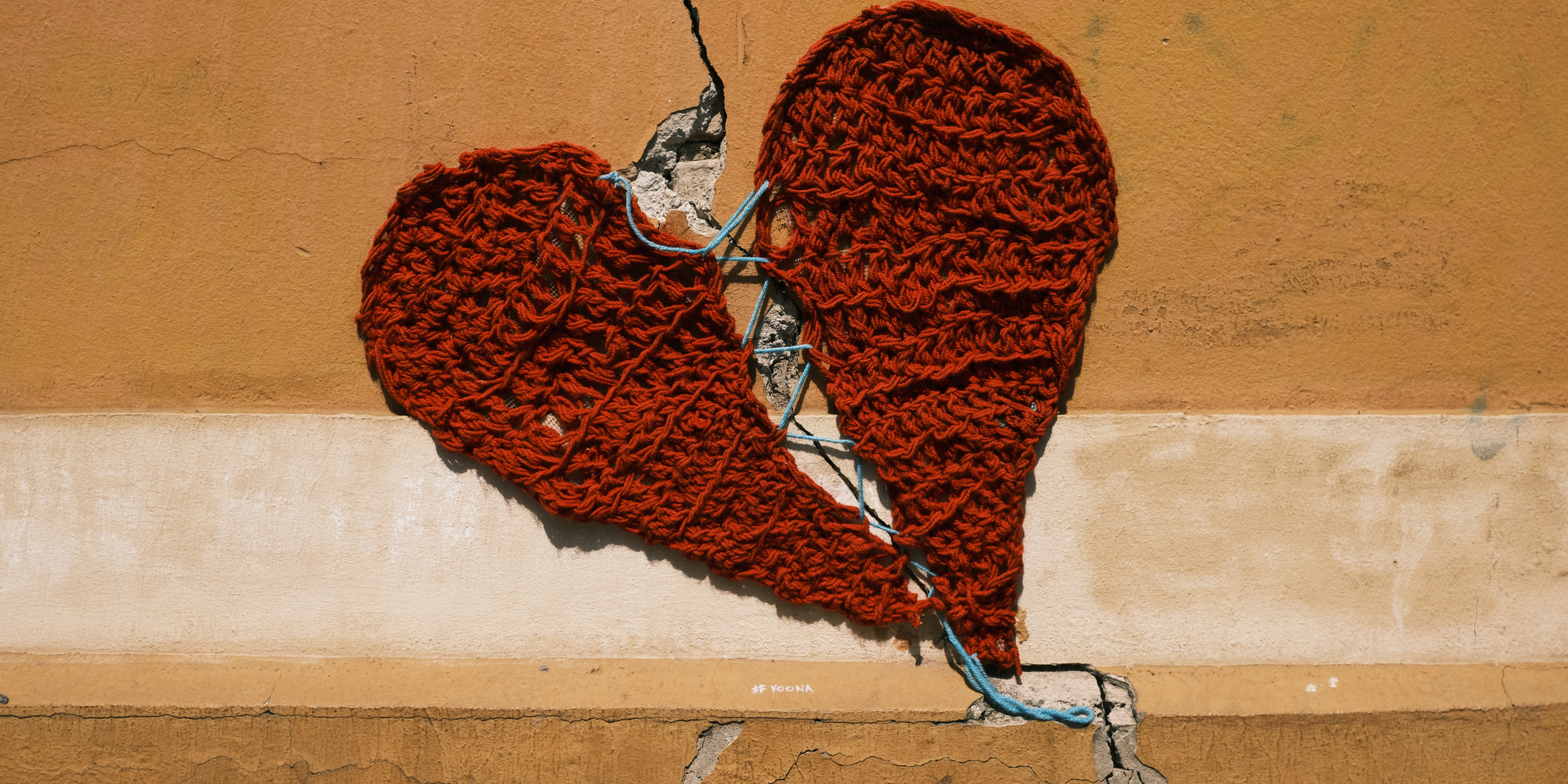This isn’t an easy topic, but neither is recovering after sexual abuse. The healing process will take time, effort and ideally outside support, but it is absolutely possible. I’m not writing this from the perspective of a professional. I’m writing it as someone who’s gone through it and felt every emotion that comes with it. I felt shame, guilt, denial, doubt, anger, lots of anger, and understandably so – deep sadness. When I initially realised what had happened, it seemed like something I would never get past. However, I’m here to share a few things that helped me.
6 Steps to Recovering After Sexual Abuse
1. Counselling
My number one tip for most struggles that happen within us is counselling. Going through something as traumatic as sexual abuse, it’s vital to have a safe space and a safe person with whom you can process it. The conversation won’t be easy, but there is relief in knowing it’s no longer a secret. A counsellor can make you feel safe, help you feel your emotions, process your thoughts and give you the tools to get to the other side of that mountain. If you live in the UK, there are organisations that provide donation-based counselling. I personally went with Healing for the Heart.
2. Journaling
Journaling is one of the tools your counsellor may suggest to you. As awful as your thoughts about the event may be, it can be helpful to get them out of your head and onto a page. It helps better reflect how you see the situation and what parts of it are the most hurtful. To me, it was also a beautiful way to track my progress. I had some journal entries that were identical in the amount of guilt I felt. Could I have stopped it? Was I now damaged goods? Here’s something I eventually told myself that you may need to hear today – it wasn’t your fault. Their actions are not a reflection of your worth. You deserve to be loved and respected.
3. Forgive Yourself
The first step in truly getting better is forgiving yourself. If you’re asking yourself the questions I mentioned above – that’s okay. Based on conversations I’ve had with friends who’ve gone through similar things, that seems to be the initial response in our brains. But don’t linger on it. You control your thoughts. You get to choose what narrative you create around it. It isn’t your mistake to forgive, but I know the questions that surround such experiences. We struggle to accept that the person who did it to us is the only person responsible. That’s especially hard if you know and love the person. The sooner you let go of any guilt and shame, the further you can get in your healing.
4. Find Your Support
It can feel severely damaging to your self-worth when you go through something so traumatic. It helps to have people who love you to encourage and support you. While this is a delicate topic, the worst thing you can do is isolate yourself. I would say though – if you think someone is unlikely to have a compassionate reaction – maybe don’t tell them. Some people consider it material for gossip that they’ll spread without your permission, some lack the emotional maturity to respond the right way. But I have no doubt that there are people who love you deeply, who will comfort you, people who will tell you how much they love you and how sorry they are that you had to go through that.
5. Resources to Look Into
I used all the tools possible to aid me in recovering after sexual abuse. Aside from the ones I’ve mentioned, I would also recommend certain books and podcasts. A book that I really clung to was “Seeing Beautiful Again” by Lysa TerKeurst. I would open it weeping and read about the brighter future ahead of me until I calmed down. The author has experienced some hardship in her own life, including SA, and talks about letting go of the hurts and seeing beautiful in life again. In terms of podcasts, I love another Lisa who goes by So My Mom’s a Therapist. There is a particular episode on getting through rough times. Lisa is a qualified trauma therapist and talks a lot about listening to your body and ways to feel safe in it.
6. Consider EMDR Therapy
While I have not tried EMDR myself (yet), it is something I am considering if I see that my past affects my present in a major way. Here’s what it is: “EMDR stands for Eye Movement Desensitisation and Reprocessing. It is a therapy used to help people recover from distressing events and the problems they have caused, like flashbacks, upsetting thoughts or images, depression or anxiety.” Not every trained counsellor specialises in EMDR so it can be time-consuming, and most of all, quite costly to arrange. However, I’ve only heard and read positive testimonies of how powerful it can be in a healing journey. If you’re struggling with trauma and have tried various other methods, it might be time to give EMDR a go.
Final Thoughts
Before I go, I want to say a few things. There is light at the end of the tunnel. You will get through this. You are loved. You are worthy. It is not your story, it’s just one chapter of it. Now you get to write the rest of the story. Choose light. Choose forgiveness. Both for yourself and for the person who did it. No, they don’t deserve it. But unforgiveness is poison you drink expecting to harm the other person.
Lastly, just know that you are not alone.
“You intended to harm me, but God intended it for good to accomplish what is now being done, the saving of many lives.” Genesis 50:20
